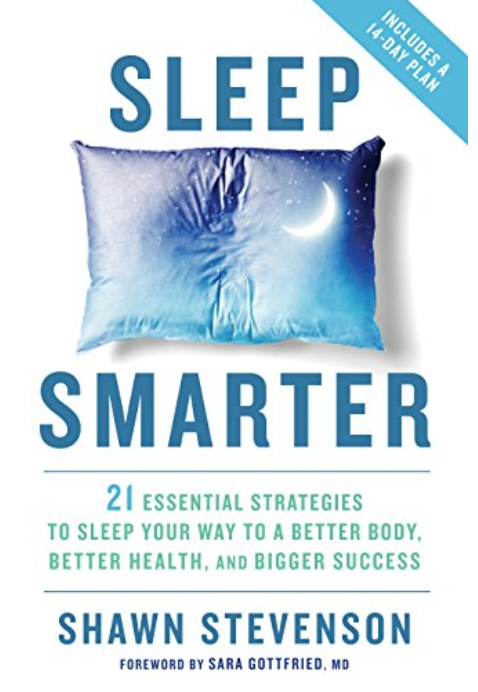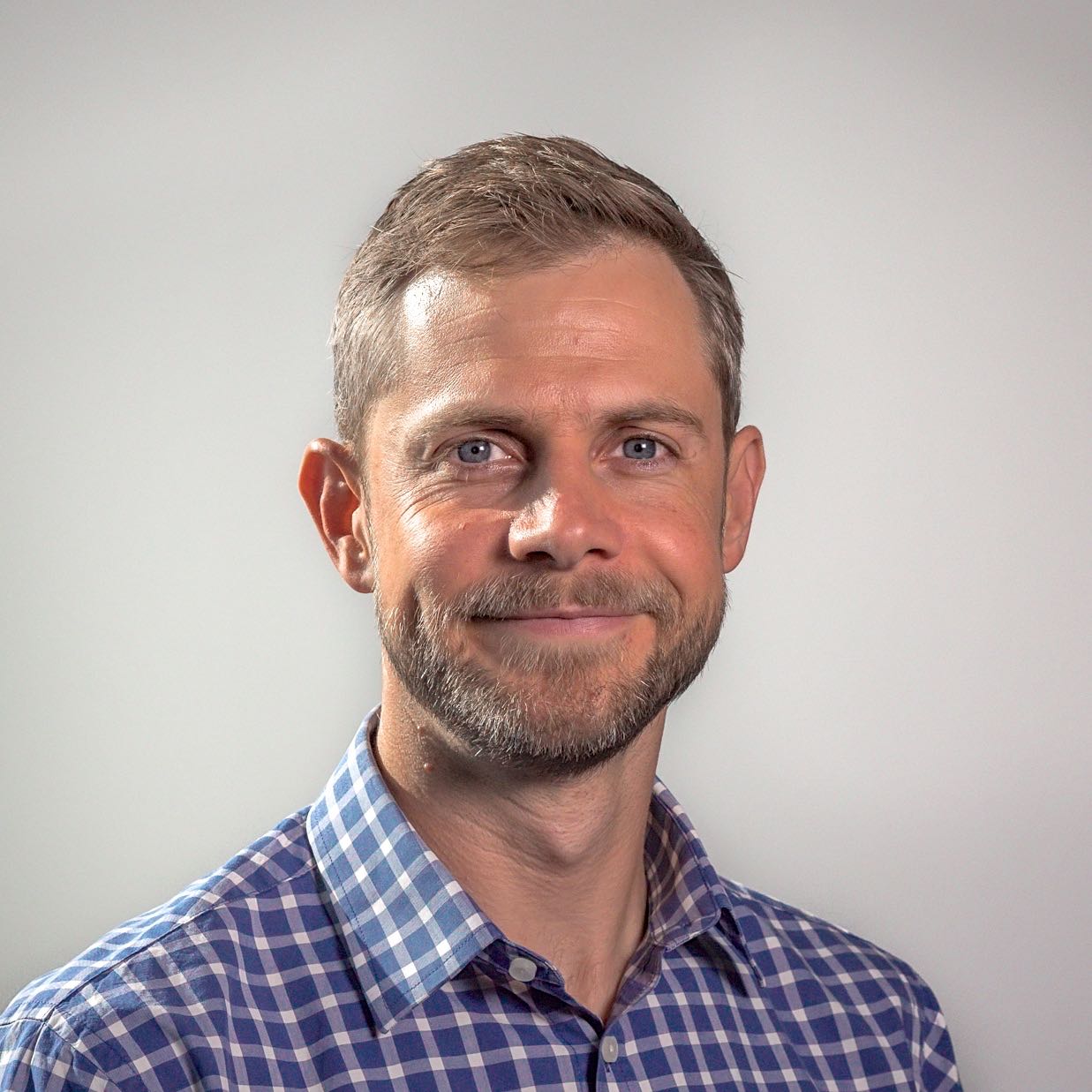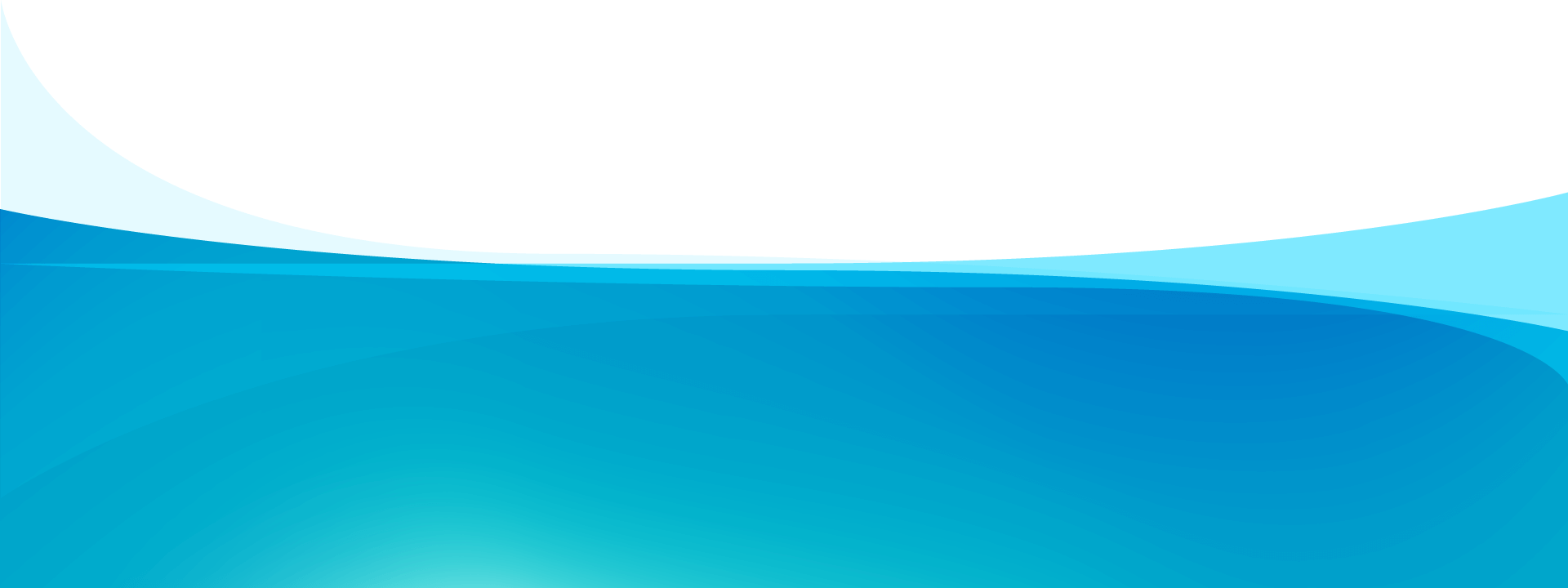
Sleep Well, Lead Well (Part 2) – Solutions for better quality sleep
Blog 3, Part 2 – Sleep Well, Lead Well; Solutions for better quality sleep
“For all those who are sick & tired of being sick & tired – Adrianna Huffington”
Continuing on from my last post, which discussed that sleep is a major performance enabler for leadership, I’ll now focus on solutions which can be deployed to improve the quality of sleep. Essentially anyone whose performance depends on decision-making, focus, EQ and other sophisticated cognitive functions, can benefit from improved sleep quality.
Shaun Stevenson, in his book Sleep Smarter, describes sleep as the ‘force multiplier’ for performance. Essentially, not getting adequate sleep will depreciate the benefits of any other wellness initiative you deploy to enhance you performance and productivity. Eating well, exercising, meditating – these are all very important, but as sleep is the primary mode in which you deploy these things to your benefit (cleansing the mind to enable memory and creativity, nurturing muscles and sinews for better longevity and vitality) if sleep is inadequate the contribution of the other areas will be reduced.

If a leaders role is to inspire greater performance and productivity from those they lead, when it comes to sleep there are two ways they can do this. Firstly, improve their own performance with better sleep, setting the example and secondly condition their organisational behaviour’s to propagate better sleep impacting practices for the business as a whole.
Below I’ll cite a range of solutions to adopt for better quality sleep. You can experiment with these and select those that will work best for you and your business. From the sources I reference, I am very much cherry picking for the purpose of providing a range, and also sampling from those which I have found most effective. If this area is of interest to you, I do recommend you spend some time with the resources listed at the end of the article that will provide both a greater range of options, and deepen the knowledge behind their application.
McKinsey consultants receive the following advice to optimise their performance with improved sleep;
- No phones in bedrooms while sleeping,
- No work in the bedroom,
- Take familiar items on business trips (pyjamas, pillow, toothpaste etc),
- Wind down before going to bed,
- Don’t snooze in the morning (multiple wake/sleep transitions are unhelpful),
- Be efficient and go to bed early,
- Take naps to improve effectiveness during the workday – 30mins for a short nap, 90mins for a fuller restorative nap.
McKinsey give the following recommendations for application at the organisational level to improve sleep with modified working practices;
- Reduce overnight travel wherever possible,
- Share workloads across geographies wherever possible, providing 24/7 customer service whilst workers operate in their optimal daytime conditions
- Email curfews, lock-outs from email account remove email as a sleep disrupting influence
- Work time-limits, such as evening and weekend lock-outs
- Mandatory work-free holidays
- Predictable time off, if consistent adherence to the above is not feasible, plan nights to be totally clear from work, diarise these and communicate them to the team.
These are my recommendations from the 21 strategies contained within Shaun Stevenson’s awesome book Sleep Smarter;
- Value your sleep – defend your sleep time, minimise compromise of it and intrusion to it and catch up when you have to do these things.
- Sunlight helps you sleep – best effect on sleep comes from getting real sunlight direct to skin between 1-3 hours of daybreak, amount varies person by person but 10-20 mins should be minimum. Time of day is crucial for optimal benefit – get outside early!
- No screens before bed – 30mins-90mins before you hit the hay, no screens. At all. Of any kind. Phone, laptop, tablet, TV etc, put them away and read an actual book, have a conversation, walk (not to far/fast see below on exercise), stretch, shower, pack your bag for the next day etc…just no screen time.
- Keep you and the room cool – 16-20 degrees Celsius is optimal for most people.
- Sleep in the dark – With the intrusion or street lights, devices, even backlit alarm clocks, few of us actually sleep in the dark – dark being that you cannot see your hand held in front of your face. Blackout the room as best you can, as your skin has sleep receptors and any amount of light will negatively impact on your optimal sleep.
- Minimal booze before bed – Shawn’s advice is not to drink alcohol too close to bed, for me it’s been best to have no booze for 2 hours before bed as a minimum, even if I’ve only had a single unit all evening.
- Caffeine Curfew – keep caffeine to a minimum, and maximise the time from last caffeine dose to sleep time. For me, I’ve gone from drinking more cups of tea and coffee than I have years on the clock, to a 2 a day limit and none after midday – I get better sleep and need less caffeine.
- Exercise at the right time – Exercise benefits sleep, and can be optimised when certain modes are done at certain times of day, but can be disruptive when done too close to sleep. The best sleep benefits are to do any strength training (especially heavy weights) early morning, and then cardio/dynamic in the late afternoon or early evening. Avoid heart rate or core temperature-raising activities for 2 hours before sleep (this links in with body temp). There’s one valuable exception to this, pretty much the only activity Shaun contends should occur in the bedroom – I’ll invite you to consider that one in your own time…
- Sleep at the right time – the best time for REM and Deep Sleep (former de-clutters brain and later heals body) is the 4-hour period starting 2 hours after sundown – depending on the season and distance from the equator. So for me, living in Sydney Australia, this would typically fall between 10pm-2am most of the year. Additional sleep after this is great of course, but this time is the most important to protect as it’s the most beneficial.
- Calm your inner chatter – meditation has been shown to have a range of beneficial cognitive affects, improving focus, creativity, longevity and ability to manage stress. Meditating during the morning has the most beneficial impact on a good night’s sleep. I’ve found 10-15 minutes a day using the popular app Headspace for the past 4 months to be hugely beneficial in all these areas.
I hope that the solutions here will be of benefit to you, providing ways to improve the quality of your sleep, and in turn your leadership and inspiration of those you lead.
If you’d like to discuss any of the above further or how we can assist either at an individual level as Leadership Coaches, or for your business as Organisational Consultants, we’d love to hear from you.
Thanks for reading,
Tim



